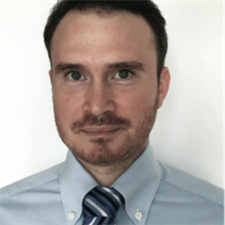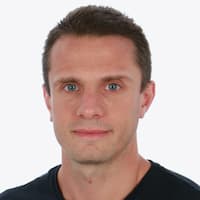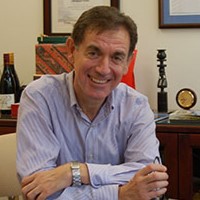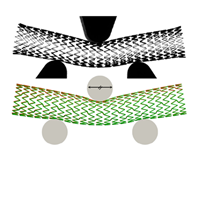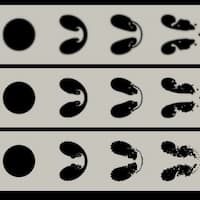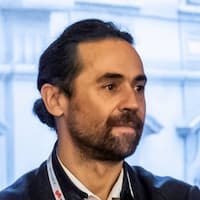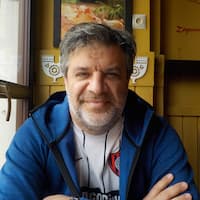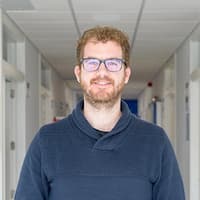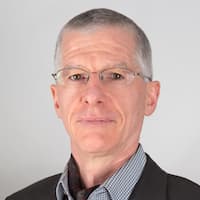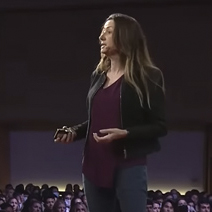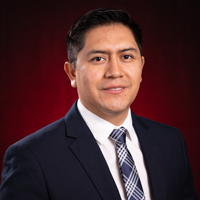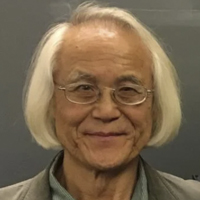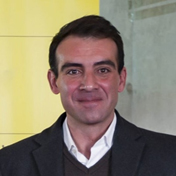events
Severo Ochoa Seminar - "Simulation-based approaches to planetary exploration", by Juan Carlos Afonso
Thursday, March 30th, 2023. Time: 12 noon
Hybrid - O.C. Zienkiewicz Conference Room, C1 Building, UPC Campus Nord, Barcelona / Link for online session
ABSTRACT
As we enter the third energy transition in human history, the coming decade will be a defining test for humanity and its capacity to respond to unprecedented global challenges. The current EU energy and planetary exploration plans create an enormous demand for alternative, greener and sustainable energy sources (e.g. geothermal) and more reliable ways to unravel the internal structure of planets using remote sensing techniques.
Traditional exploration approaches have struggled to provide a full characterization of the thermochemical structure of planetary interiors. In recent years, however, ‘simulation-based’ inverse methods that i) integrate multiple geophysical, geodynamic and geochemical datasets within an internally- and thermodynamically-consistent platform and ii) utilize state-of-the-art AI and numerical techniques to solve the inverse problem in a fully probabilistic manner, have opened new and promising ways to address this ‘grand challenge’. Reduced order modelling (ROM), data-missing reconstruction techniques and state-of-the-art thermomechanical formulations of natural processes are being combined to produce complete thermo-chemical-dynamical models of the subsurface at scales relevant to inform exploration strategies for clean energy and critical minerals.
In this seminar, I will review i) recent progress, case studies and future directions on simulation-based inverse approaches to image planetary interiors, ii) their connection with fully dynamic inversion techniques powered by ROM and AI techniques, and iii) their impact and role in the energy transition.
Advancements in numerical analysis now even allow for real-time or faster than real-time simulation in the operational phase to assess any physical quantity at an arbitrary location (virtual sensor), thus outcompeting purely data-based approaches in extrapolation capabilities and accuracy.
Industrial examples in predictive maintenance and operator assistance underline the impact of simulation for the Metaverse.
SPEAKER CV
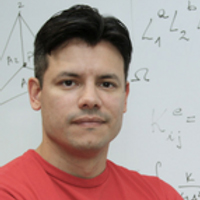 Prof. Juan C. Afonso is a theoretical geophysicist and geodynamicist. His research focuses on the thermochemical structure and evolution of the lithosphere, the mechanical and geochemical interactions between tectonic plates and the sublithospheric upper mantle, and their effects on small- and large-scale tectonic processes. His most recent research combines multiscale probabilistic inversion and numerical modelling techniques to address some of the most fundamental questions about the nature and evolution of the lithosphere and upper mantle using a formal combination of multiple satellite- (e.g. gravity, magnetic field) and land-based (e.g. geochemistry, seismic) data sets. He also works on the development of numerical algorithms to model the complex couplings between geochemical and geodynamic processes inside planets at multiple scales.
Prof. Juan C. Afonso is a theoretical geophysicist and geodynamicist. His research focuses on the thermochemical structure and evolution of the lithosphere, the mechanical and geochemical interactions between tectonic plates and the sublithospheric upper mantle, and their effects on small- and large-scale tectonic processes. His most recent research combines multiscale probabilistic inversion and numerical modelling techniques to address some of the most fundamental questions about the nature and evolution of the lithosphere and upper mantle using a formal combination of multiple satellite- (e.g. gravity, magnetic field) and land-based (e.g. geochemistry, seismic) data sets. He also works on the development of numerical algorithms to model the complex couplings between geochemical and geodynamic processes inside planets at multiple scales.




